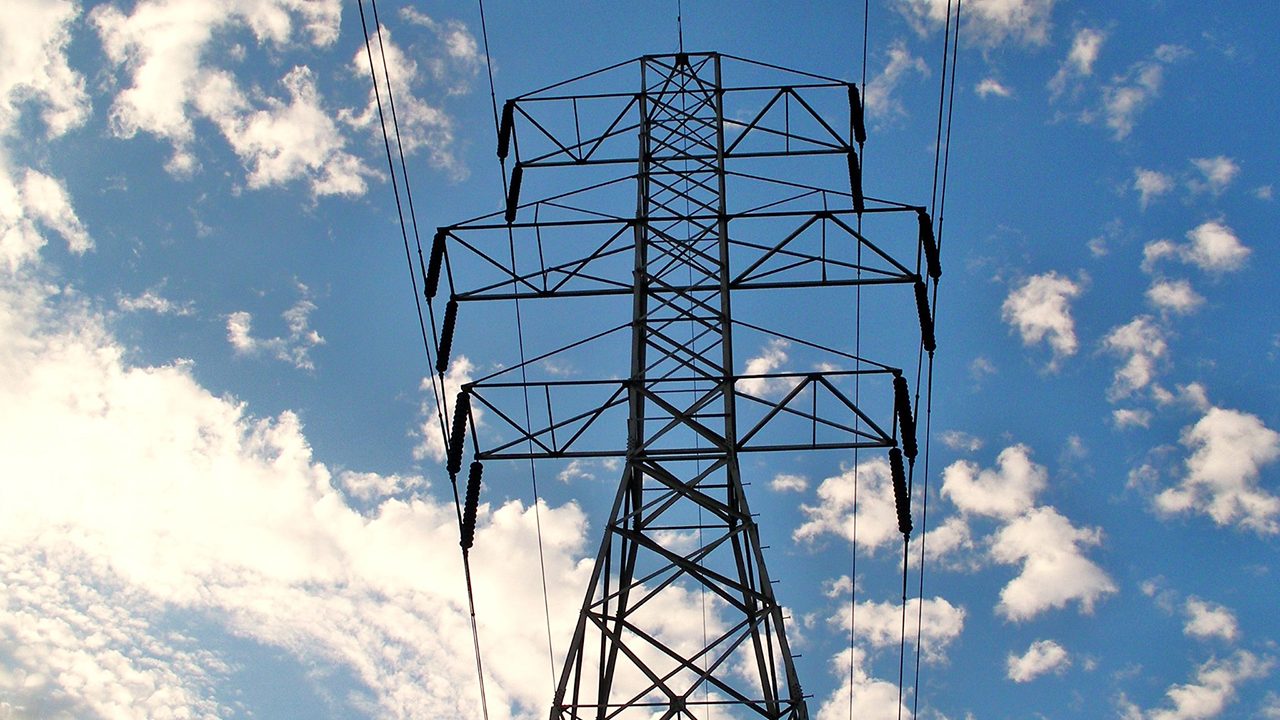Utility costs are extremely high in Michigan. Why is DTE Energy quick to cut power?
Outlier Media and ProPublica compared the rate of shut-off between utilities, and DTE has shut off about 47% more people than Consumers Energy since 2013, says Outlier Media editor-in-chief Sarah Alvarez. During the pandemic, the rate was about two times higher.

Since the state of Michigan started keeping track of electricity shut-offs in 2013, DTE Energy has cut the power 1.4 million customers due to nonpayment.
Sarah Alvarez is the editor-in-chief of Outlier Media, one of WDET’s reporting partners. She says there is still a lot to learn about why DTE is so quick to shut off power when other utilities in the state are more hesitant.
“There’s this belief that because Detroit is in the DTE service area that maybe the shut-offs are because people just really don’t have any money,” Alvarez says. “But we compared the two service areas with Consumers Energy in terms of income. And they have very similar rates of poverty. And we also compared in this work that I did with ProPublica, we compared the two service areas as if they were the same size. So we compared the rate of shut-off and DTE has shut off about 47% more people than Consumers Energy since 2013. And that number, during the pandemic was about two times higher.”
Listen: Sarah Alvarez of Outlier Media on the concept of energy burden and its impact on Detroiters.
Russ McNamara, WDET News: Outstate Michigan is a lot whiter than Metro Detroit and the city of Detroit specifically, is this an example, once again, of racial disparities coming into play?
Sarah Alvarez, founder and editor-in-chief of Outlier Media: So we just know that the shut-offs happened in DTE’s service area. We don’t know which ZIP codes are most impacted. But what we do know is that DTE service area has about has about three times as many Black customers as Consumers [Energy]. So it does have these high rates of shut-offs do seem to have a disparate impact on Black communities. But we would need more data to really know that.

Is this a failure of the Michigan Public Service Commission as far as oversight, or do they not have enough teeth to regulate?
I see both. I think in terms of shut-offs that, yes, the Michigan Public Service Commission could certainly require more information from the utility companies. For example, they could ask, “Where are the shut-offs happening? How long are shut-offs happening? How many people are being charged deposits to get turned back on even when [their service is] turned off for not having enough money?” Those are questions that they could ask and that the utility companies would have to answer in terms of how much utilities cost in Michigan because the price is extremely high. So in terms of price, the Michigan Public Service Commission doesn’t really have the ability to regulate just based on price. They’re not able to ask, “Could people afford to pay the new rates?” They have to look at it from an investor perspective: “Is what the utility company is asking for reasonable and prudent?” And because these two companies are for-profit companies, that means that the profits to shareholders are baked into the rates. And of course, shareholders always want to see a return on their investment.
Is that kind of the problem with the utility system in the state of Michigan? A private company is always going to be looking for higher profits, the regular consumer be damned.
I’m not sure if that’s the problem, or if it’s just the model for utilities. Like the system that we use is from the very dawn of electricity. This system of for-profit companies providing this service in exchange for a monopoly is from the dawn of electricity. It’s from the early 1900s. And now that we have more ways of producing electricity that are less expensive and cleaner, I think that a lot of people are asking, “Is this still the right way to do it?” The other thing that is important in Detroit is this concept of energy burden. It’s a way to measure the price of electricity. It looks at how much have your income as a household are you paying just toward utility bills. Experts largely agree that any energy burden over 6% is unaffordable. And one study that we cited in the article that was done in Detroit over the winter of 2020 had households in Detroit spending about 16% of their income just on utility costs. So that’s a lot of your budget on an essential service that you need to be able to survive.
Trusted, accurate, up-to-date.
WDET strives to make our journalism accessible to everyone. As a public media institution, we maintain our journalistic integrity through independent support from readers like you. If you value WDET as your source of news, music and conversation, please make a gift today.

